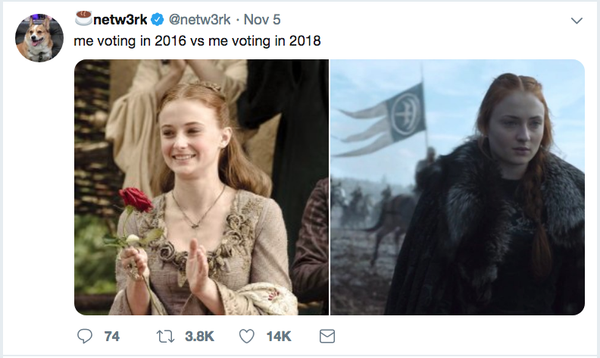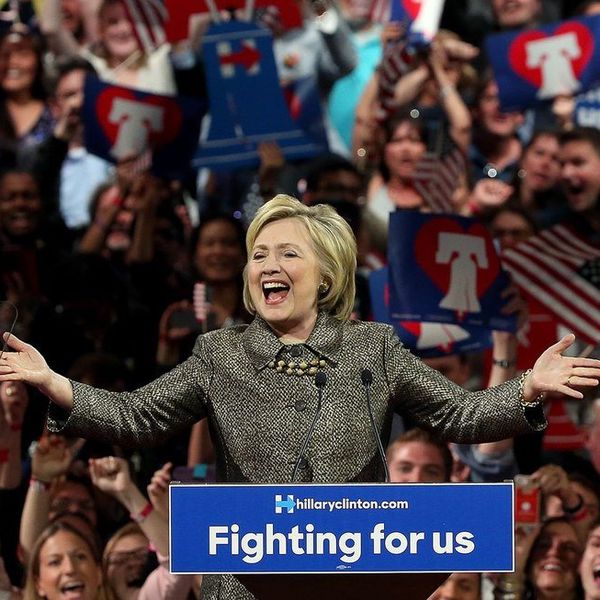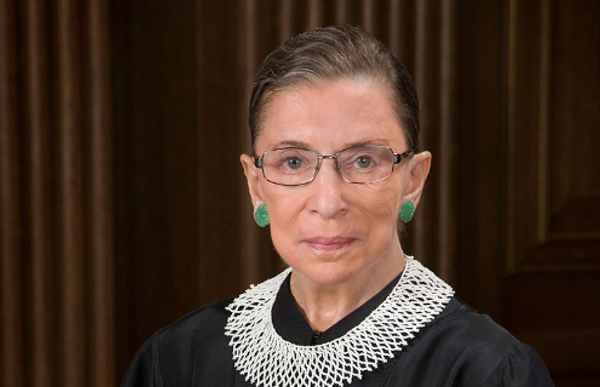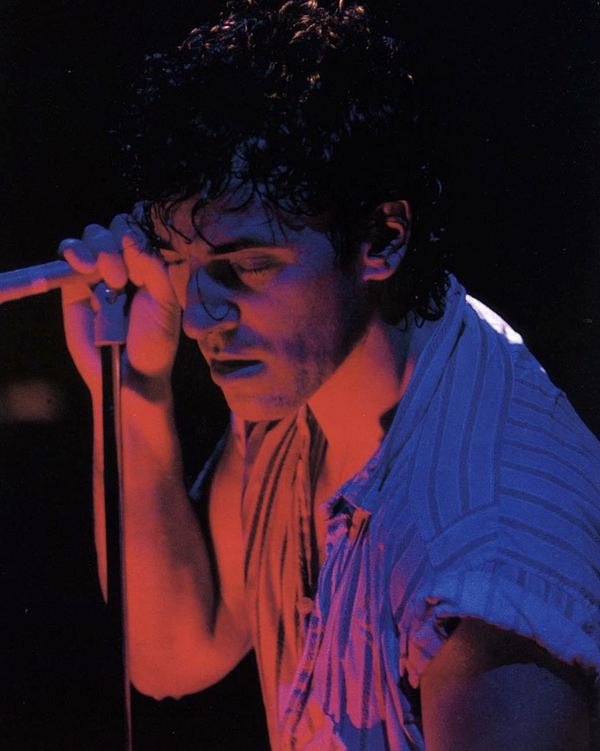The media went into a frenzy as soon as the news of the shooting at Marjory Stoneman Douglas broke. Virtually every news outlet covered the shooting, each platform asking the same question: how do we move forward? The media covered a variety of reactions from average Americans in relation to the horrific event. Whether the news covered the opinion that the shooting stemmed from the insufficient mental health treatment Americans are given or the easy accessibility to firearms, there was a chain reaction forming in the midst of all the reports. Since the shooting occurred at Marjory Stoneman Douglas High School on February 14th, school officials have reported multiple of attempted copycat shootings on campuses across the nation. These copycat attempts continued to fuel the media’s debate on the reasoning for these potential tragedies while an important issue continued to loom underneath the surface: the media’s act of publicizing the shooter rather than the victims.
In one of Dave Chapelle’s recent comedy acts, he discusses the difficulty our younger generation has in processing pain:
"How can you care about anything when you know every goddamn thing? I’m getting over one cop shooting, and then another one happens, and then another one happens, and another one happens. … your generation lives in the most difficult time in human history. This is the age of spin. The age where nobody knows what the fuck they’re even looking at."
The difficulty in processing pain does not come from our easy access to news from all over the country but rather comes from the fashion in which the news we receive is presented to us. There have been countless reports of the shooter’s identity being shown as if he were a pseudo-celebrity. His name has outshined the people that he has harmed and regardless of his infamous status, his potential motives overshadowed the plans that each of his 17 victims had for their lives. The attention that he has received from the media is enough to prompt other people to try and recreate his crime in hopes of the same attention. By deliberating on what drove the shooter to commit the act, each one of his victim’s stories is lost. By broadcasting the number of lives he took as if it were a high score, every movement rallying for this event to be the last of its kind is erased. Because of this, I have chosen to omit the shooter’s name in this article, to focus on the victims and how their lost lives have changed the tides.
More and more youth are rising up with the support of the generation before them in hopes of creating change. Currently, there is a push for a nation-wide school walkout on April 20, 2018. This walkout will honor the victims of this tragedy to hopefully force the government’s hand in creating restrictions to ensure that something like this never happens again. The power and resilience that our generation has shown let the media know that it can no longer work to desensitize us or to instill a fear that we are not safe. The survivors of the Stoneman Douglas shooting are actively working to make sure that the students are remembered and receive justice through government reform. This generation will no allow their lives to be consumed by tragedies. This generation is on the heels of a revolution.
Please take the time to remember each of the 17 lives that were lost:
Alyssa Alhadeff, 14
Scott Beigel, 35
Martin Duque Anguiano, 14
Nicholas Dworet, 17
Aaron Feis, 37
Jaime Guttenberg, 14
Chris Hixon, 49
Luke Hoyer, 15
Cara Loughran, 14
Gina Montalto, 14
Joaquin Oliver, 17
Alaina Petty, 14
Meadow Pollack, 18
Helena Ramsay, 17
Alex Schachter, 14
Carmen Schentrup, 16
Peter Wang, 15



















